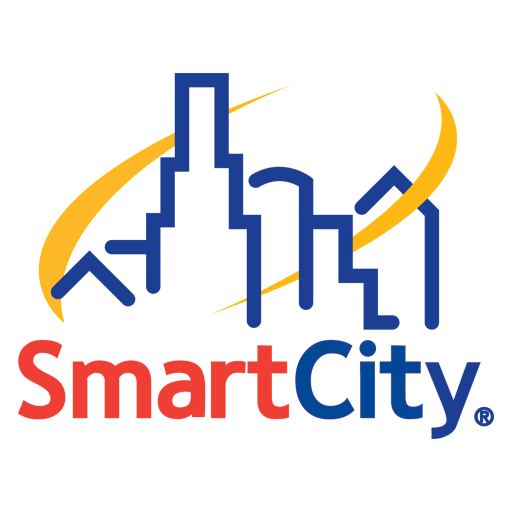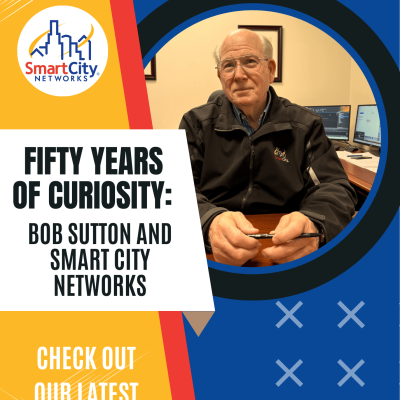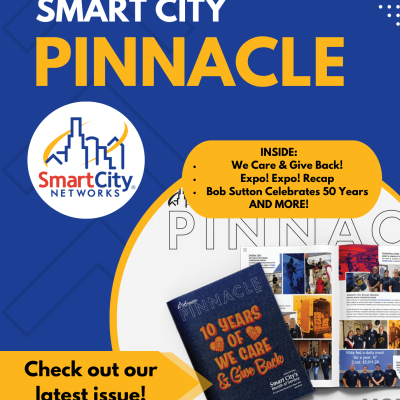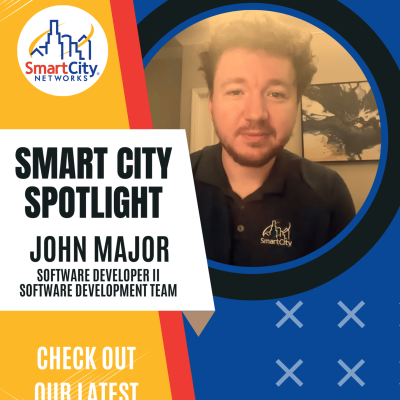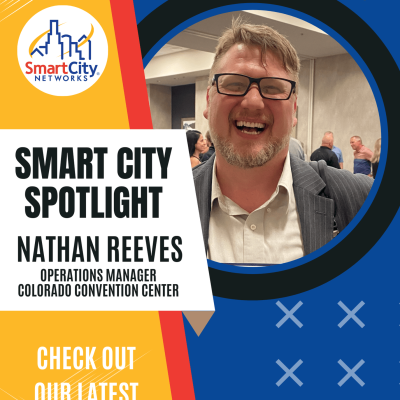
For this month’s Smart City Spotlight, we sat down with Bray Pabalan, a CSSR III at Smart City Networks’ corporate office in Las Vegas. After starting his career in cable technology, Bray was drawn to Smart City by a friend’s recommendation and the opportunity to blend his technical background with his passion for customer service. Since joining the company, Bray has become a key player in supporting venues nationwide, ensuring every event runs smoothly behind the scenes.
In our conversation, Bray shared how hands-on experiences assisting teams at the Walter E. Washington Convention Center and America’s Center Convention Complex gave him a new appreciation for the complexity of onsite operations, the power of collaboration, and the importance of precision in every order. He also reflected on helping create “It’s the Little Things,” a company-wide guideline that embodies Smart City’s customer-first philosophy, and the valuable lesson he’s learned along the way. Bray Pabalan, this is your Spotlight!
Hello Bray! To start, what is your background? What is it that drew you to Smart City Networks?
B: A friend referred me to Smart City. I was a cabletech and felt like I needed something that was less labor-intensive. I looked into Smart City and it seemed like something I could thrive on due to my history with customer service and sales.
What does your job entail? How would you describe your day-to-day activities?
B: A typical day coming into the office is talking to my team and checking on orders, speaking to customers, writing emails, and answering calls. No day is the same. There are always different scenarios due to the fact that we assist centers across the country.
Just this year, you have traveled to the Walter E. Washington Convention Center and America’s Center Convention Complex to help their local teams. Can you tell us about those experiences and what your focus was while there?
B: Going to help shows onsite are eye-opening. Both centers provided different experiences. When I went to America’s Center to help, I was there to assist with installing devices and to ensure the floor plans were correct. I had to install 150 APs with the tech team. This job required patience and teamwork. I promise I broke a sweat like I was doing football drills. I was glad to see the importance of floor plans and to observe the technical difficulties firsthand on-site.
Washington D.C. was a trip to help with big shows. I’ve assisted with show desk work, delivery of equipment, and ensuring orders are correct. This is probably the busiest center I have been to. They always have something going on and a lot of meetings for the building.
What did you take away from those visits? Did seeing the onsite operations firsthand change your perspective on your corporate role?
B: I noticed how busy and big the shows are at each center. Most of the shows I came to assist are huge and very lucrative. I will say it showed me the importance of what we do at corporate when it comes to assisting the onsite team.
The Washington D.C. team is so busy that everything we do has a big impact. If we get things right the first time, we make life easier for the onsite team. We are the first point of contact for customers and set them up for each center. With a staff like D.C. that is busy 24/7 we definitely have to provide good service so they can have a good experience.
When you are at the corporate office, you do not realize how much goes into these shows and how huge the setups are. It is fun seeing a show in real life because we only see the diagrams on paper, but seeing them come to life on the show floor is amazing.
What’s one moment from your travels or support work that stands out as especially rewarding?
B: I think the whole experience was rewarding. I see how grateful the team is for my coming to assist them. These shows get busy, there are a lot of calls, and all hands are on deck to make sure things go well. This is a team that works together and understands that it takes everyone at their best to have a successful show.
In your view, what makes collaboration between the Corporate Office and local venue teams so effective at Smart City?
B: I think communication and AESOP play a massive role in the success of these shows. Having a place where the Corporate Office and the Onsite Teams can communicate is essential. It is the little things that can make or break orders. Being able to communicate within AESOP and EMAILS to ensure customers are happy and get the correct services is where we are doing very well.
Is there a particular skill or area of expertise you’ve developed at Smart City that you didn’t expect to?
B: I’ve learned how to be more concise and detailed with Smart City. I believe they have helped me take my customer service skills to the next level. I came into the job young and thought I knew everything. Smart City has taught me that being in customer service is a job where we are always learning new ways to assist and give our customers the best service possible.
What’s an achievement or project you’re particularly proud of since joining the company?
B: I think helping create “It’s The Little Things” was the biggest project that I’m proud of. I never thought I would be the one to help assist with creating a guideline and standard for the work we do in corporate and the field for CSR’s.
What’s one piece of advice or lesson you’ve learned that you think could help others in a customer service or support role?
B: My biggest gem is that slowing down and staying calm when dealing with customers will take you a long way!
We want to thank Bray Pabalan for taking the time to reflect on her journey with our company! To read more Smart City Spotlights, check out our blog!
